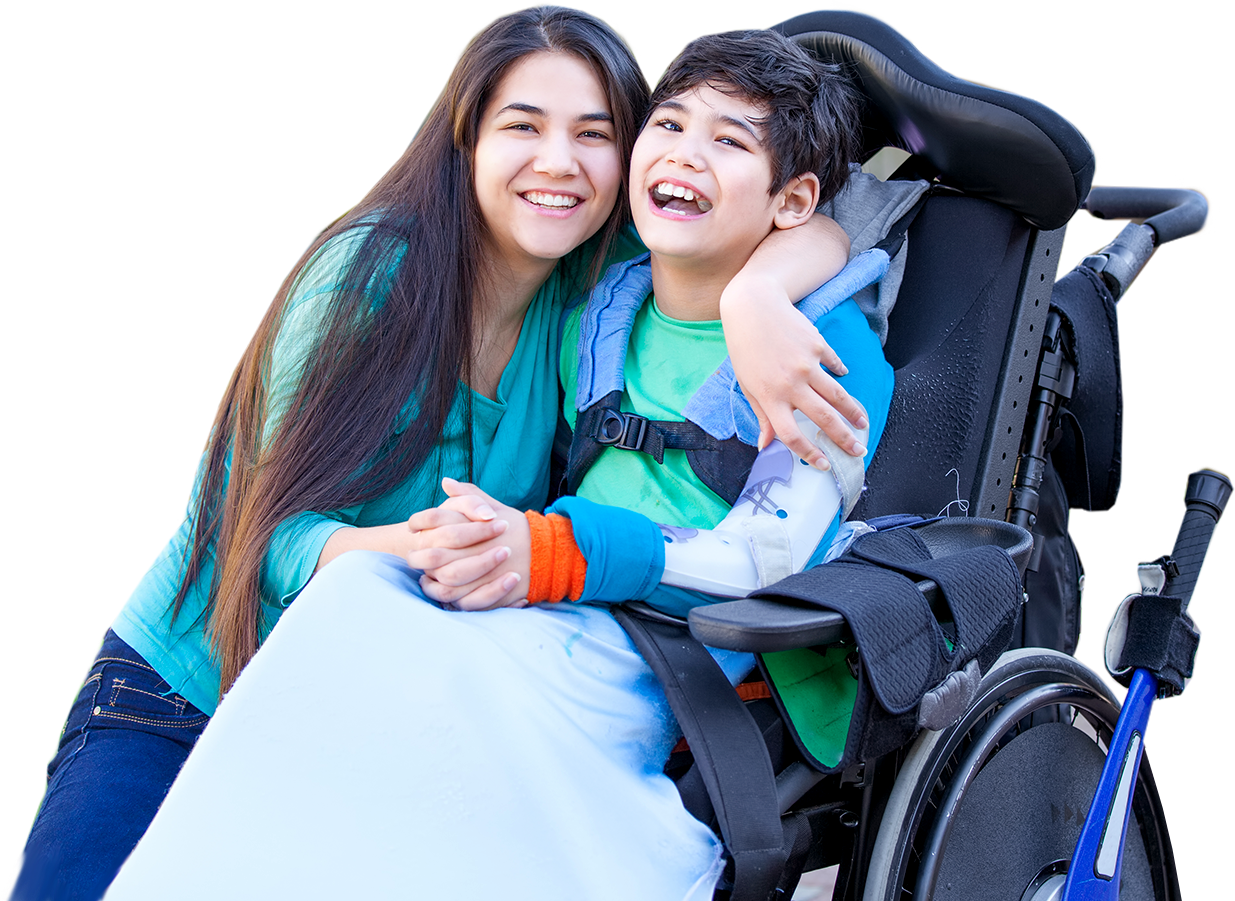Cerebral Palsy Diagnosis
advice to better care for your child

- Alternative
- Assistive Technology
- Associated Conditions
- Birth Injury
- Causes of Cerebral Palsy
- Cerebral Palsy Diagnosis
- Cerebral Palsy Information
- Cerebral Palsy Therapies
- Cerebral Palsy Treatments
- Child Development
- Doctor Visits
- Education
- Equipment
- Featured
- Legal Help
- Medical Research
- News
- Patient Care
- Prenatal Care and Childbirth
- Stories
- Tips for Parents
- Types of Cerebral Palsy
- Updates
Posts in 'Cerebral Palsy Diagnosis'
Early Warning Signs of Cerebral Palsy in Infants
Cerebral palsy is the name for a group of permanent, non-progressive disorders, caused by either abnormal development of the brain or damage to the developing brain. In many cases, early warning signs can signal that a baby or toddler might be afflicted with CP. What Should You Be Looking For? In general, cerebral palsy is... Read More
What Are the Early Signs of Cerebral Palsy?
The first months and years of a child’s life are filled with milestones. Your child will typically start crawling, walking and exhibiting other behaviors during this time. If your child fails to reach these milestones, it could be an indication of cerebral palsy. These common early signs of CP can help you be aware if... Read More
Symptoms of Cerebral Palsy: Cognitive Impairment
A person’s intellectual ability to think is called cognition. When the brain becomes damaged, cognitive impairment can occur, which may cause problems with thinking, judgment, memory, and language. Cerebral palsy effects on cognitive development are linked to damage to the brain. Not everyone with cerebral palsy experiences cognitive impairment, but approximately 30% to 50% do... Read More
Behavior Issues and Cerebral Palsy
Behavior issues in children may have a variety of causes, including cerebral palsy. When children act out in certain ways, it could be a sign of physical or mental distress, necessitating mental health assessment and treatment. If untreated, issues with behavior can make it difficult for individuals to form and maintain relationships and succeed in... Read More
Symptoms of Cerebral Palsy in Newborns
Cerebral palsy isn’t always apparent at birth, often taking months or years to diagnose. However, there are some signs and symptoms that you may be able to spot in your newborn. If you see these signs, it doesn’t necessarily mean that your child has cerebral palsy, but your pediatrician will likely want to monitor your... Read More
Symptoms of Cerebral Palsy
Cerebral palsy is a condition caused by brain damage that leads to poor muscle tone and movement issues, including rigidity, involuntary movements, and unbalanced walking. The effects of CP on a child can vary, but it’s important to understand the possible cerebral palsy symptoms so that you can get your child the help they need.... Read More
Back Arching and Cerebral Palsy
When a baby or child is crying, they often engage in other physical behaviors that indicate their frustration with a situation. While back arching can indicate minor physical pain or distress, it can also indicate a more serious medical condition. If your child is arching their back while crying severely and cannot be consoled, they... Read More
Why Isn’t My Child Meeting Developmental Milestones?
If you’re like many parents, you’re keeping a close watch on your child’s progress toward developmental milestones. You also may be wondering what it means if your child is not reaching those milestones at the predicted pace. What Are Some Common Developmental Milestones? Babies typically reach certain milestones around particular points in their lives. Every... Read More
My Child Received a Late Diagnosis of Cerebral Palsy—What Do I Do?
Cerebral palsy may be diagnosed early in a child’s life but, in many cases, parents don’t learn that their child has cerebral palsy until later. A cerebral palsy late diagnosis can be difficult, but this condition is manageable at any age when you know what to expect and how to handle these challenges. When Is... Read More
Cranial Ultrasound and Cerebral Palsy
If a child continues to miss critical milestones or fails to hit them within an appropriate developmental timeline, your pediatrician may refer you to a pediatric neurologist. These doctors specialize in diseases affecting infants and children’s nervous systems. They will begin the diagnostic process by conducting various neurological tests such as cranial ultrasound to help... Read More
